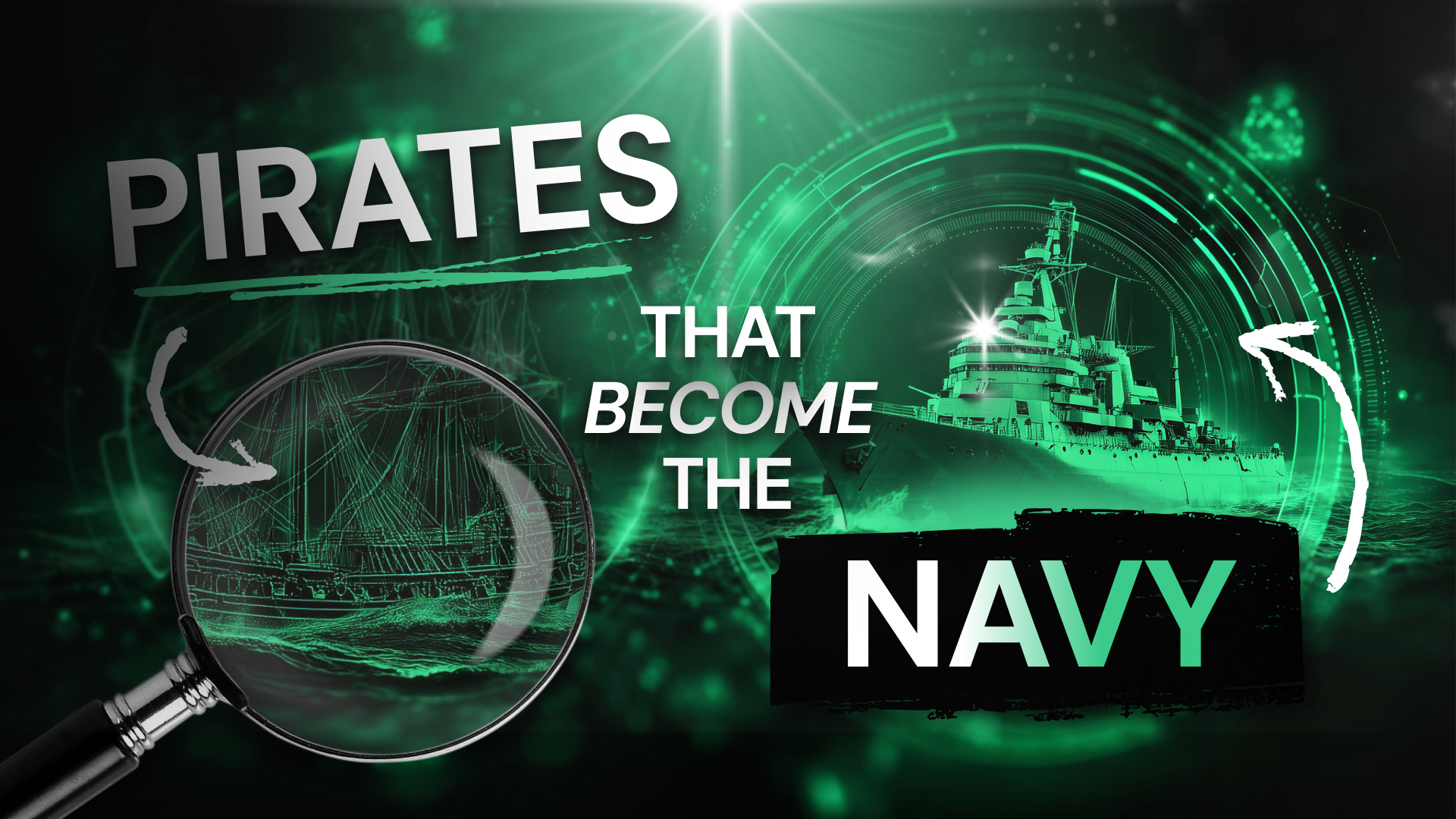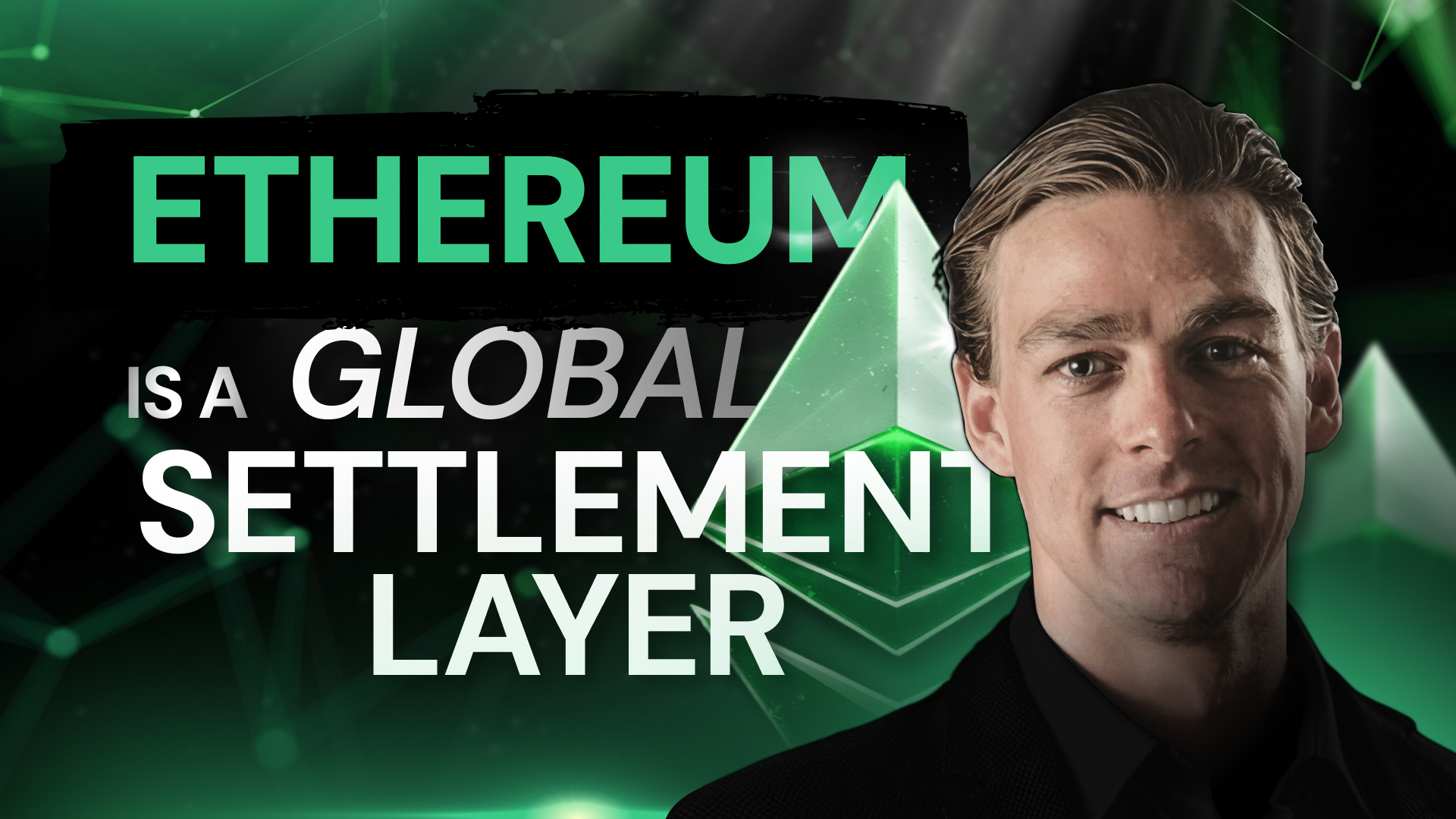Watch the full video of this episode of the panel discussion on Gamma Prime’s YouTube channel
Panel discussion with Tyler Carter (Co-Founder of Splyce), Brandi Kolosky (Founding Partner of Miami Chamber of Commerce Dubai), and Dave Hendricks (CEO & Co-Founder of Vertalo)
In this episode, Tyler (Co-Founder of Splyce), Brandi (Founding Partner of Miami Chamber of Commerce Dubai), and Dave Hendricks (CEO & Co-Founder of Vertalo) dive into the challenges and opportunities in the world of digital securities and tokenized real-world assets (RWA).
Dave shares his early journey of launching one of the first Security Token Offerings (STOs) in 2017, the regulatory roadblocks he faced with the SEC, and why Vertalo pivoted to building an API-first platform for tokenized private assets.
The conversation explores the tension between the “pirate” culture of Web3 and the disciplined “Navy” approach required to navigate compliance. Together, they unpack why “tokenize everything” isn’t enough—and how regulation, innovation, and strategy are shaping the future of capital markets.
Tyler
I think a good place to start, being that this is digital securities issuance, is probably regulatory, right? Having done, I think, 13 SEC registered funds with WisdomTree, the big issue with me is that the current SEC regulatory structure completely limits the ability to use tokenized assets and really takes away any advantage that a tokenized asset would have.
So do you see that changing under the new administration? Do you think that’s the biggest thing holding back this flywheel moment for tokenized RWA? How do we address it? And how do you see it going forward?
Dave
Well, the question you ask gives me an opportunity to talk about the application of these regulations and how they created opportunities and how they put obstacles and friction in the way.
When I started the company, the first version of Vertalo was an Ethereum-based smart contracts due diligence platform. And in September 2017, after piloting with the last company I founded, I wrote a white paper and a yellow paper, and I took it to my co-founder, who was ex-SEC Division of Trading and Markets, because I wanted to run an ICO. I thought, non-dilutive capital just love that.
Well, he took it to our lawyers and he came back, he said, “No ICO for you, Dave, you don’t get to do one. It’s an unregistered securities offering.” So in late 2017, we decided with Lowenstein, Sandler, and Deloitte to launch one of the first STOs, which was our own equity.
The process of going through that really illustrated some of your points. We had a 100-page PPM, we had KYC, we wrote all the smart contracts, we did all the distribution, transferred the tokens to the existing investors in the seed, and they went to sell this.
What we found was the difficulty investors had was: how do I invest in a tokenized equity, a primitive, that is going to be locked up under Reg D for a year? And then even when it gets there, is there a legal place to trade it? That was very difficult for our fundraise.
Two months of trying to raise against that, I said: wait, I believe that all assets, private assets specifically, are going to be tokenized because it’s a better way to ledger shares. Just simply – it’s a ledger.
So we, Vertalo, pivoted to become an API-first platform, picks and shovels, based on our own experience as an issuer, as opposed to chasing a hype narrative. We said: this is a thing, because of the regulatory and other challenges that we did have.
Tyler
Yeah, I think once you start actually tokenizing these things and going through the securities process, the veil sort of moves away. “Tokenize everything” as a mantra is really not satisfactory – it goes much deeper than that.
Brandi, your thoughts on it?
Brandi
I’m excited for David Sacks heading the All-In Podcast – that’s one of my go-to religious Fridays. As far as regulatory goes, we just have to keep on top of it and make sure we’re not just being pirates, but also being the Navy.
Tyler
Pirates that become the Navy, maybe – that’s the best way to put it.
Dave
A lot of people like being pirates. It’s more fun. I think RWA is exciting for a lot of folks, but they see this regulated environment as being a lot less fun than the fun they’ve been having.
So, after being a pirate for a while, you’re like, “Hey, I’m doing all these things.” The notion that you then have to comply with rules sounds like less fun and less money. But I’d like to make the argument that that’s actually untrue and that it’s a false dichotomy.
Brandi
When I was first navigating launching my own fund, I wanted to play in the tokenized space with my fund, because that’s what I had come from working with him prior. And my attorneys were like, “No, just keep it simple.” I said, “Well, can I do Bitcoin mining at least?” And they said, “Yeah, stick there only.”
So, in my first fund, I had to be the Navy and not a pirate. But I’m ready to go into fund two already and explore alternatives and so forth.
Tyler
All right. Well, congrats on fund two. That’s fantastic.



